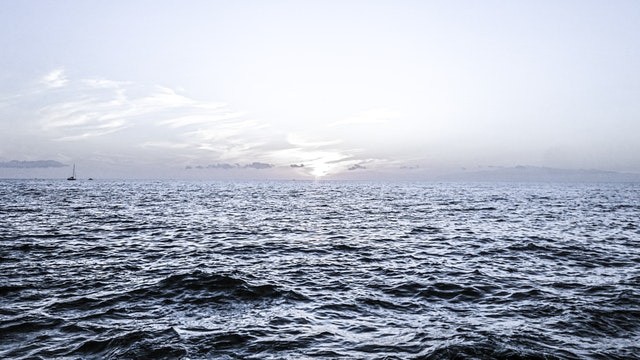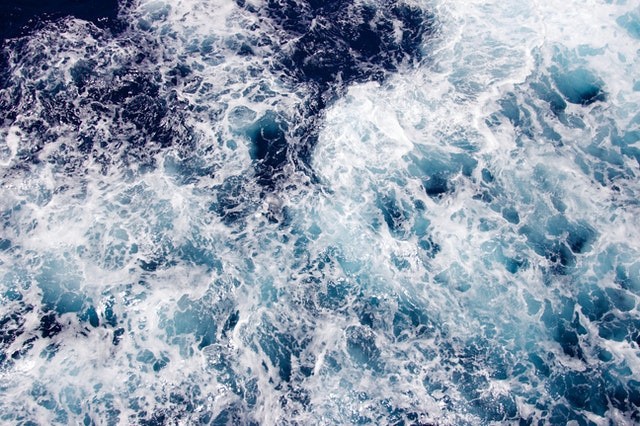Up to 70 percent of the world's oceans may lack oxygen by 2080 due to climate change, a new study reveals. This could have a great impact on marine ecosystems around the world.
Oxygen levels at mid-ocean depths which are a great support to many fisheries all over the world have started dropping at unnatural rates, exceeding 2021's critical threshold of oxygen loss, according to new models.

Lack of Oxygen in Oceans
Animals in the sea, like those on land, rely on the dissolved oxygen in the ocean to survive. When the oceans warm as a result of global warming, less oxygen can be held in their water, as per Phys.org.
For years, scientists have been tracking the steady decline in ocean oxygen levels. The new study, however, provides new and urgent reasons for concern.
Using climate models to anticipate how and when deoxygenation, which is the reduction of dissolved oxygen concentration in water, would occur throughout the world's oceans outside of its natural fluctuation, is the initial step in this research.
By 2021, the ocean's middle depths, which are home to a large number of globally fished species, had already begun to deoxygenate significantly and irreversibly. By 2080, new models anticipate that deoxygenation will spread to all ocean zones.
First, the mesopelagic zones of the ocean will begin to lose considerable amounts of oxygen owing to climate change, according to a recent study. Many of the world's commercially fished species live in the mesopelagic zone, therefore the discovery could portend economic hardship, a lack of seafood, and environmental chaos.
Effects of Ocean Deoxygenation
Due to the decreased ability of warm waters to hold as much dissolved oxygen, the ocean's circulation becomes less efficient, according to Science Daily.
Since it does not receive as much oxygen from the atmosphere or photosynthesis as the top layer, the ocean's middle layer is particularly vulnerable to deoxygenation. Additionally, the decomposition of algae in this layer is the most oxygen-depleting process.
The world need this zone since it's home to many commercial fish, according to main study author and Shanghai Jiao Tong University oceanographer Yuntao Zhou. It's not just fisheries that are affected by deoxygenation, but other marine resources as well.
According to NCAR oceanographer Matthew Long, who was not involved in the study, the new findings are deeply concerning and increase the urgency with which the world must engage meaningfully in reducing climate change.

Predicting Ocean Deoxygenation
By modeling the loss of oxygen from the water, researchers were able to identify the beginning of the deoxygenation process in three ocean depth zones (shallow, middle, and deep).
Data from two climate model simulations were used to determine when deoxygenation will take place in global ocean basins, one reflecting a high emissions scenario and the other a low emissions scenario.
Oxygen depletion in the mesopelagic zone occurred in both scenarios, but in the low emissions scenario, the process began roughly 20 years later. According to this, reducing greenhouse gas emissions could help prevent the destruction of marine ecosystems.
Deoxygenation is more likely to occur in oceans near the poles, such as the western and northern Pacific and the southern oceans, according to the study's findings. They don't know why, but global warming may be to blame.
Related Article : Scientists Bring Oxygen Back to Suffocating Waters
For more news, updates about climate change and similar topics don't forget to follow Nature World News!
© 2025 NatureWorldNews.com All rights reserved. Do not reproduce without permission.





